
Lai Ching-te Calls on China to Acknowledge Taiwan’s Sovereignty in Inaugural Speech
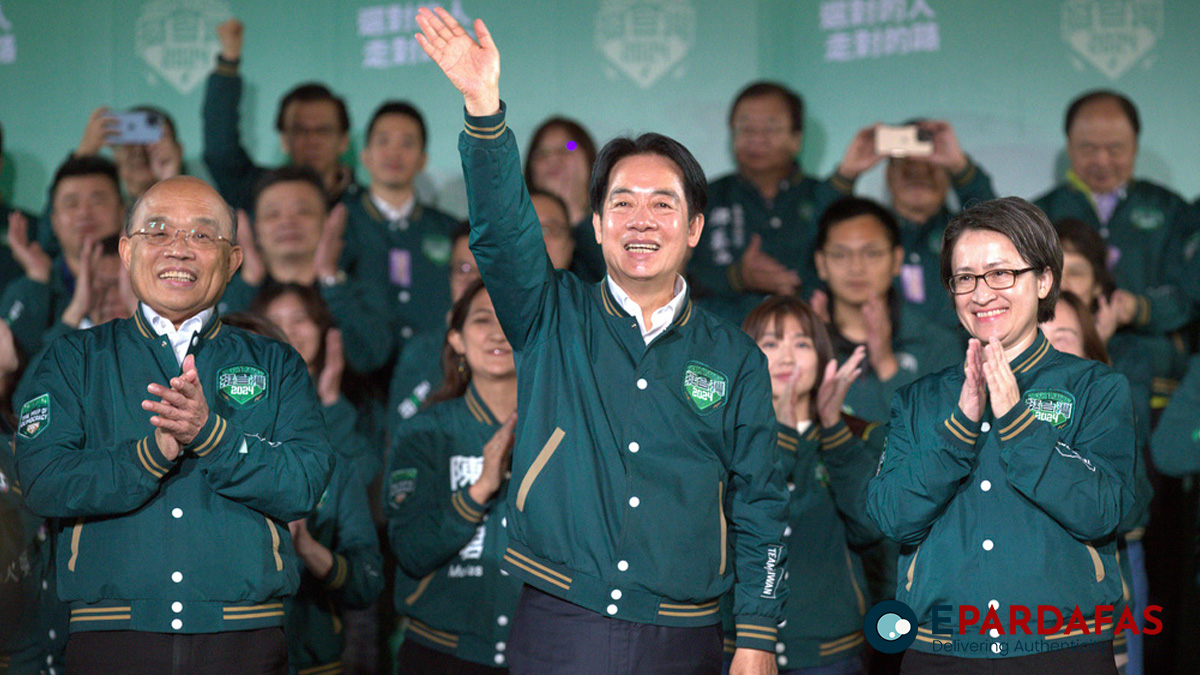
Taiwan’s new president, Lai Ching-te, was sworn in on Monday, completing his ascent from humble beginnings to the top office and calling on China to respect the will of voters.
“I hope that China will face up to the fact that the Republic of China exists, respect the choice of the Taiwanese people, show sincerity, and replace confrontation with dialogue,” he said in his inaugural speech, drawing applause. He urged Beijing to engage “with Taiwan’s democratically elected and legitimate government on the basis of the principles of reciprocity and dignity.”
Lai, known as a staunch defender of Taiwanese sovereignty, will have to navigate the administration through tensions with Beijing, which considers him a “separatist” and looks determined to apply military, political, and economic pressure. At the same time, an opposition coalition that enjoys a majority in Taiwan’s legislature appears intent on curbing Lai’s influence by rushing through laws that top lawyers have publicly warned against.
In his speech, the new president emphasized that his government would “maintain the status quo.” He called on China “to stop its civil and military attacks on Taiwan, shoulder global responsibilities with Taiwan, be committed to maintaining peace and stability across the Taiwan Strait and in the region, and ensure that the world is free from the fear of war.”
Lai also suggested resuming cross-strait tourism and allowing students to study in Taiwan, making a concrete offer to build bridges.
A New Era of Leadership
Lai took the oath of office in Taipei shortly after 9 a.m. local time, becoming the fifth directly elected head of state in Taiwan’s history, succeeding Tsai Ing-wen, who served as president for eight years. His running mate, Hsiao Bi-khim, was sworn in as vice president.
Their victory in January’s election secured a third straight term for their Democratic Progressive Party (DPP), reaffirming the sovereignty of the democracy of 23 million people and rebuking China’s threats and intimidation. Communist China claims Taiwan as its own, although it has never ruled it, and has refused to rule out an invasion.
“As the world’s authoritarian regimes cooperate more and more, Taiwan stands as a beacon of democracy in the region and in the world,” said Joar Forssell, a Swedish member of parliament, who is visiting Taipei for the inauguration. “The inauguration brings like-minded representatives for the world’s democracies together in a time when we have to work much closer together.”
International Recognition and Support
Despite few countries officially recognizing Taiwan and China’s efforts to isolate it, almost 700 foreign dignitaries attended Lai’s swearing-in, according to Taipei’s Ministry of Foreign Affairs. The guests included eight delegations led by a head of state, the ministry said.
Although the ministry did not provide a list, top leaders from several countries that do recognize Taiwan attended, including those of Pacific states Marshall Islands, Palau, and Tuvalu.
The U.S. sent two former government officials—Richard Armitage and Brian Deese—along with a think tanker and the head of its de facto embassy. Secretary of State Antony Blinken congratulated Lai in a statement, expressing eagerness to work with him and across Taiwan’s political spectrum to advance shared interests and values, and maintain peace and stability across the Taiwan Strait.
Attendees also came from various countries in the region. From Japan, 37 parliamentarians from a cross-party group of pro-Taiwan lawmakers attended. South Korea’s foreign ministry announced last Thursday that Seoul would not be sending official representatives, but at least one South Korean lawmaker reportedly attended independently. Singapore’s former parliament speaker Abdullah Tarmugi was in the audience, along with Raff Ciccone, chair of the Australian Senate Foreign Affairs, Defence and Trade Legislation Committee, and deputy chair David Fawcett.
A Humble Beginning to a Prominent Role
Lai, who turns 65 in October, comes from a modest background. Born in what is now New Taipei, Lai was raised by his day laborer mother alongside five siblings after his father died in a coal mine accident when he was two.
Lai trained as a doctor but gave up his medical practice for politics. He is a familiar face, having been a lawmaker, mayor of the southern city of Tainan, premier, and for the past four years, Tsai’s vice president. His experience across different levels of government makes him more qualified than his forerunners, but the question remains whether it will be enough for the tumultuous times ahead.
Defending Sovereignty and Democracy
Like Tsai and the DPP, Lai rejects the notion that Taiwan and China belong to one bigger Chinese polity—an idea embraced by the main opposition Kuomintang (KMT) and Beijing. The Chinese government has denounced him and actively undermined him in the run-up to the inauguration, such as by inviting Ma to visit China.
Lai’s administration is expected to continue pushing back against China’s bellicosity and bolstering Taiwan’s security and resilience, drawing closer to a broad-based U.S.-led coalition that includes the Philippines and Japan in what Lai has referred to as a “new era of values-based diplomacy.”
In Monday’s inaugural speech, Lai detailed his perspective on sovereignty, delivering a message to Beijing and his China-leaning political rivals alike.
“It can be seen that the Republic of China and the People’s Republic of China are not subordinate to each other,” he said. “Everyone must unite and love the country; any political party must oppose annexation and protect sovereignty, and must not sacrifice national sovereignty for the sake of political power.”
Lai emphasized: “Everyone in this country, regardless of ethnic group, or who came first or who arrived last, as long as they identify with Taiwan, are the masters of this country. Whether it is the Republic of China, the Republic of China Taiwan, or Taiwan, these are the names we or our international friends call our country, and they are all equally resounding. Let us … unite as one and stride towards the world!”
Challenges Ahead
At home, Lai will face a legislature led by an opposition alliance with different priorities. On Friday, lawmakers clashed physically during a bitter dispute about sweeping reforms that would strengthen the power of the Legislative Yuan and raise questions about upending the constitution.
“He will not only face the rising pressure from China, but will also face the opposition-dominated congress,” DPP lawmaker Puma Shen, who was briefly hospitalized because of the brawl, said on Sunday.
KMT lawmakers have been blocking amendments on bills regarding national security and have publicly declared that easing national security regulations is one of their priorities, Shen said.
One thing Taiwan and the world cannot afford is more war, Lai argued in his inaugural address, noting the conflicts in Ukraine and the Middle East.
“Peace is priceless, war has no winners,” he said. “Taiwan, like other countries, has gone through an arduous road of postwar recovery to achieve today’s development results. No one is willing to let the war destroy everything.”
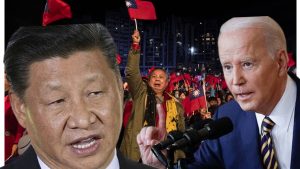
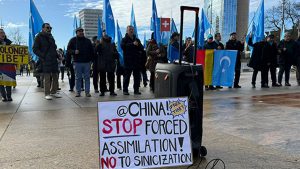
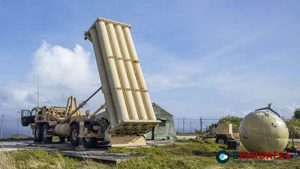
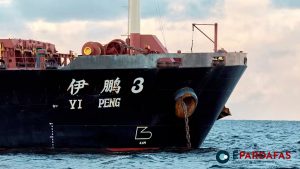
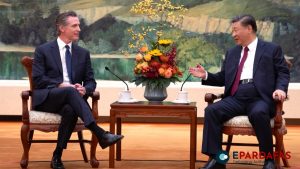
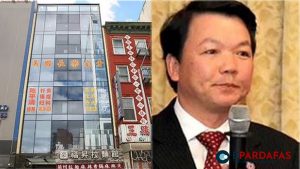





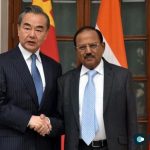
Comments